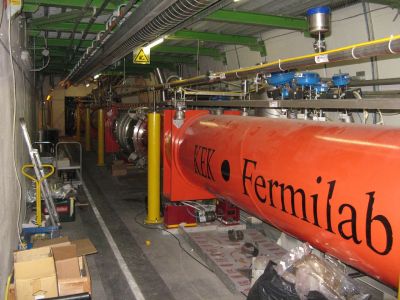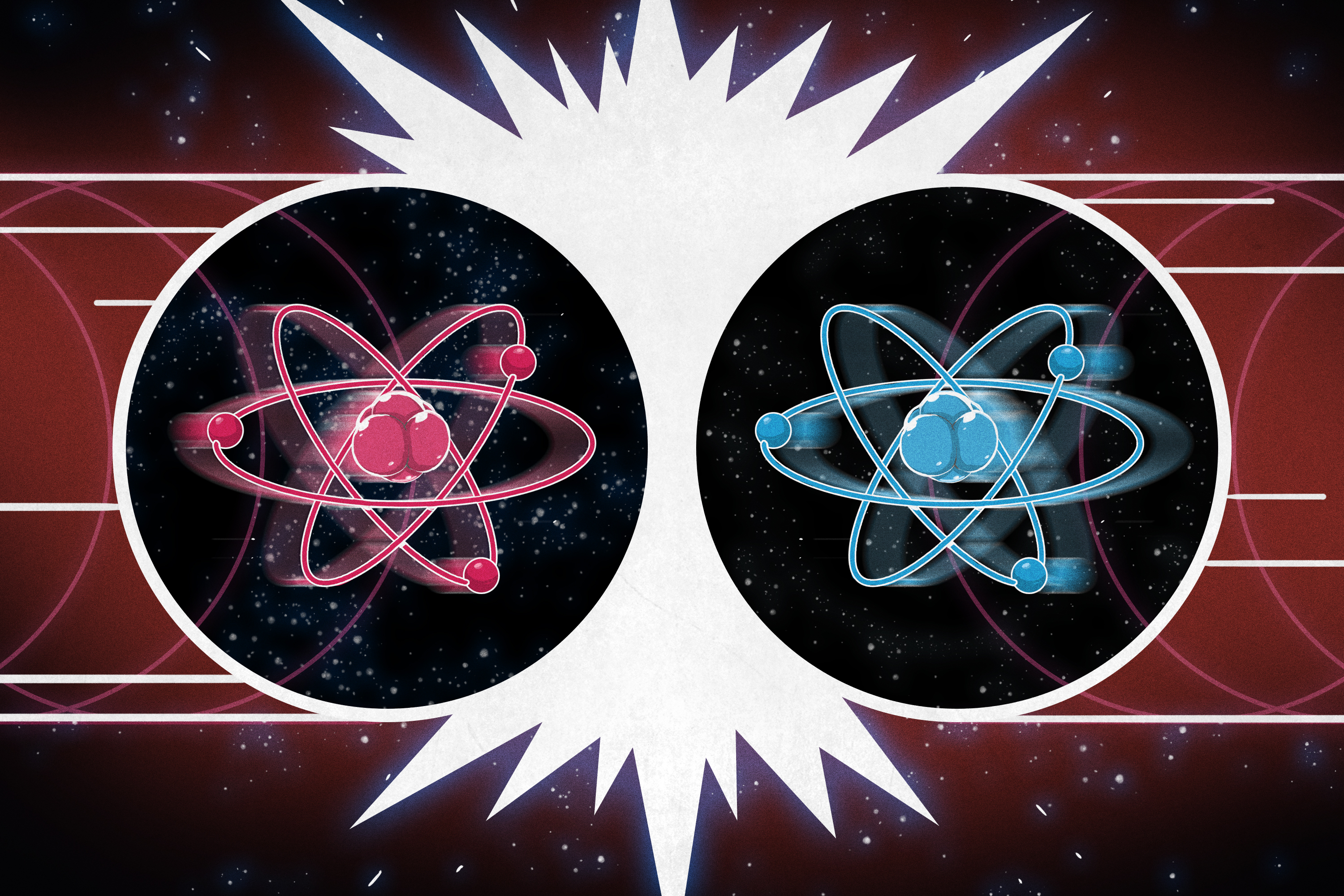Energy squeeze in Europe pushes Large Hadron Collider to halt operations
Energy prices have been in the news more often than not lately, as has war. The two usually go hand in hand, as conflict tends to impact fossil fuel supply and trade.
With Europe running out of gas and its citizens looking forward to a cold winter, science is also feeling the effects. CERN has chosen to shut down the Large Hadron Collider prematurely to save electricity.
As Europe faces a difficult situation this winter, CERN has accepted a request from Electricité de France (EDF) to reduce its electricity consumption in the future. The lab will reduce its energy consumption for the remainder of 2022 and into 2023 to help ease the load on the French electricity grid.
CERN's Governing Board ratified the plan on 26 September. In 2022, CERN will close operations two weeks early to help reduce demand, calling for a technical shutdown on November 28. It will also reduce operations by 20% for 2023. This will be achieved primarily by closing four weeks early next year, stopping operations in mid-November. The start dates for CERN operations will remain the same in 2023 and 2024, with the laboratory resuming major work as planned in late February.
 Much of the LHC's power consumption is needed to cool the facility's superconducting magnets.Credit: gamsiz, CC-BY-2.0
Much of the LHC's power consumption is needed to cool the facility's superconducting magnets.Credit: gamsiz, CC-BY-2.0As a high-energy physics laboratory, the CERN racks up large energy bills even in a regular year.The lion's share comes from the organisation's crown jewel, the Large Hadron Collider (LHC) and cools the particle accelerator's superconducting magnets, which operate at a temperature of -271° C. To maintain this temperature, the LHC relies on a 27 megawatt liquid helium cooling system. It turns out that doing high-energy physics requires a lot of energy. CERN consumes about 200 megawatts during peak consumption periods, but that drops to just 80 megawatts during the quieter winter months.
In a typical year of normal operation, CERN uses approximately 1.3 terawatt hours of electricity. By way of comparison, the city of Geneva has 200,000 inhabitants and consumes 3 terawatt hours per year. Its electricity bill for 2022 is estimated to be around $89 million.
Reducing active search time will help save power. However, a 20% reduction in operating time will not result in a 20% reduction in energy consumption, due to maintenance requirements. For example, the LHC's superconducting magnets must stay cool, even when not in use.
CERN doesn't just cut science to reduce energy consumption. He will also take conventional measures. On the lab campus, public lighting at night will be turned off whenever possible and heating will be used one week less per year.

Energy prices have been in the news more often than not lately, as has war. The two usually go hand in hand, as conflict tends to impact fossil fuel supply and trade.
With Europe running out of gas and its citizens looking forward to a cold winter, science is also feeling the effects. CERN has chosen to shut down the Large Hadron Collider prematurely to save electricity.
As Europe faces a difficult situation this winter, CERN has accepted a request from Electricité de France (EDF) to reduce its electricity consumption in the future. The lab will reduce its energy consumption for the remainder of 2022 and into 2023 to help ease the load on the French electricity grid.
CERN's Governing Board ratified the plan on 26 September. In 2022, CERN will close operations two weeks early to help reduce demand, calling for a technical shutdown on November 28. It will also reduce operations by 20% for 2023. This will be achieved primarily by closing four weeks early next year, stopping operations in mid-November. The start dates for CERN operations will remain the same in 2023 and 2024, with the laboratory resuming major work as planned in late February.
 Much of the LHC's power consumption is needed to cool the facility's superconducting magnets.Credit: gamsiz, CC-BY-2.0
Much of the LHC's power consumption is needed to cool the facility's superconducting magnets.Credit: gamsiz, CC-BY-2.0As a high-energy physics laboratory, the CERN racks up large energy bills even in a regular year.The lion's share comes from the organisation's crown jewel, the Large Hadron Collider (LHC) and cools the particle accelerator's superconducting magnets, which operate at a temperature of -271° C. To maintain this temperature, the LHC relies on a 27 megawatt liquid helium cooling system. It turns out that doing high-energy physics requires a lot of energy. CERN consumes about 200 megawatts during peak consumption periods, but that drops to just 80 megawatts during the quieter winter months.
In a typical year of normal operation, CERN uses approximately 1.3 terawatt hours of electricity. By way of comparison, the city of Geneva has 200,000 inhabitants and consumes 3 terawatt hours per year. Its electricity bill for 2022 is estimated to be around $89 million.
Reducing active search time will help save power. However, a 20% reduction in operating time will not result in a 20% reduction in energy consumption, due to maintenance requirements. For example, the LHC's superconducting magnets must stay cool, even when not in use.
CERN doesn't just cut science to reduce energy consumption. He will also take conventional measures. On the lab campus, public lighting at night will be turned off whenever possible and heating will be used one week less per year.
What's Your Reaction?














![Three of ID's top PR executives quit ad firm Powerhouse [EXCLUSIVE]](https://variety.com/wp-content/uploads/2023/02/ID-PR-Logo.jpg?#)







